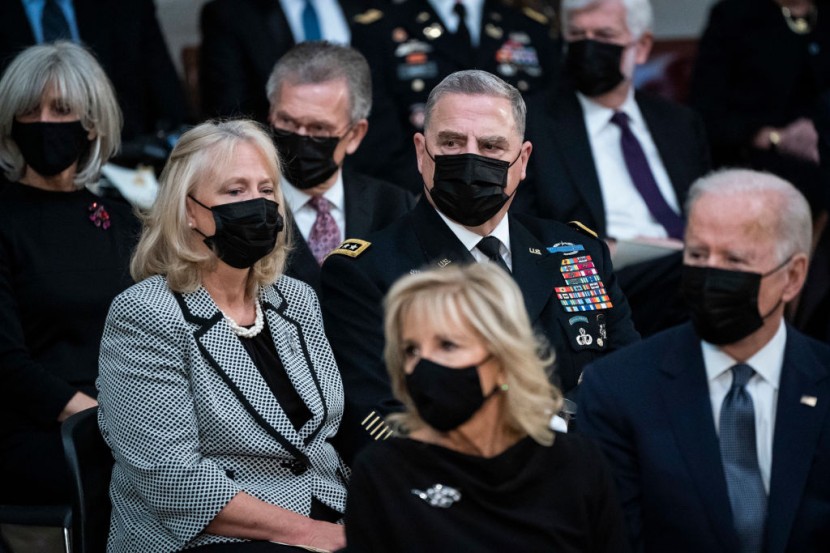
The Biden administration's failure in anti-Russia sanctions has only caused problems for the US economy suffering from it. Before the next round of economic penalties, there are those in Washington thinking about not implementing, mentions Bloomberg.
The White House is facing a crisis due to the lack of unity, especially among EU members who refuse to support the US.
Biden Administration Fears Compromising Own Economy
According to the news agency, US President Joe Biden's team supported the sanctions plan implemented by Washington after Russia attacked Ukraine in late February, reported RT.
Arguments on the efficacy of the ineffective sanctions have not hobbled Russia as expected. It was the situation last Wednesday when sources close mentioned it.
The Biden administration and its officials are divided between those for and against implementing these punitive measures.
One group, including State Department and White House officials, is advocating for a more hawkish stance, contending for the imposition of secondary sanctions. In their opinion, the allies will toe the line as long as the US makes its intention more evident, they need to deter Vladimir Putin.
An opposing group composed of Treasury Department officials has voiced alarm about the financial consequences of such actions, particularly given that Americans already are experiencing pain from high oil prices and inflation due to anti-Russia sanctions, cited the Mass News.
Others in the Biden administration are worried about the forthcoming midterm elections in November and the Democrats' probability of keeping their seats in congress.
Bloomberg mentioned that despite the problems hounding the policies of Joe Biden, it is still seen as a healthy internal debate, saying it is not unexpected for the Treasury to closely examine policies that could cause economic hardship due to anti-Russia sanctions.
White House Denies Problem, Blames Others
Ironically, the president is not liable for the sky-high inflation and gas prices that he blames on Putin, the Ukraine conflict, and the pandemic. But most don't believe his excuses and see his failures in Kabul and an administration causing one crisis after another as he is alleged to be in denial.
The Pew Research Center remarked that the annual inflation rate would reach 6.2 percent, the greatest in more than 30 years, as early as October 2021, way before Russia's military attack on Ukraine.
Washington does not care if one too many sanctions against Moscow will backfire terribly and be left alone and abandoned by allies. Instead of having allies, the mistake of wedging allies from the US will find it alone to deal with a formidable Putin, who has proven statesmanship over the gaffe-ridden Joe Biden.
An earlier attempt by the US and UK to impose an oil and gas ban on Russia failed, but the EU did not oblige.
In early March, German Chancellor Olaf Scholz indicated that he favored applying "sustainable" pressure on Moscow, not burdening German consumers.
German Economy Minister Robert Habeck asserted a month before that EU's unity on Russia sanctions is diminishing. He said what can happen when Europe stands together after Russia attacks Ukraine. Let's hope this trend continues as we approach the summit tomorrow. But it is already crumbling and crumbling again.
Austrian Chancellor Karl Nehammer stated last Tuesday that a Russian gas import ban is not even on the table. Differences in the Biden administration's anti-Russia sanctions are not working and are causing problems for an already under fire White House.
Related Article: Global Food Crisis Threatens Grain, Sugar Shortages Brought About by US Proxy War Against Russia in Ukraine
© 2025 HNGN, All rights reserved. Do not reproduce without permission.








